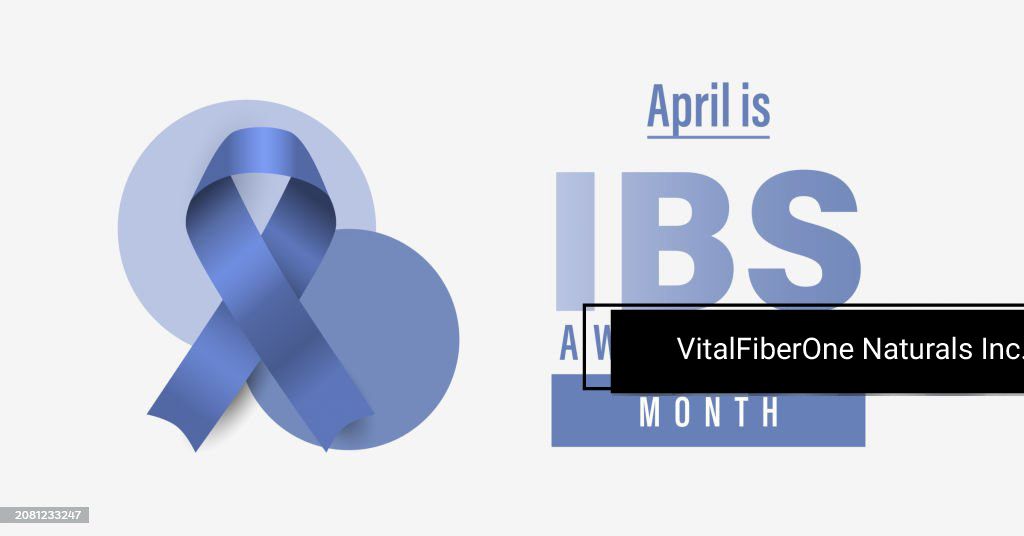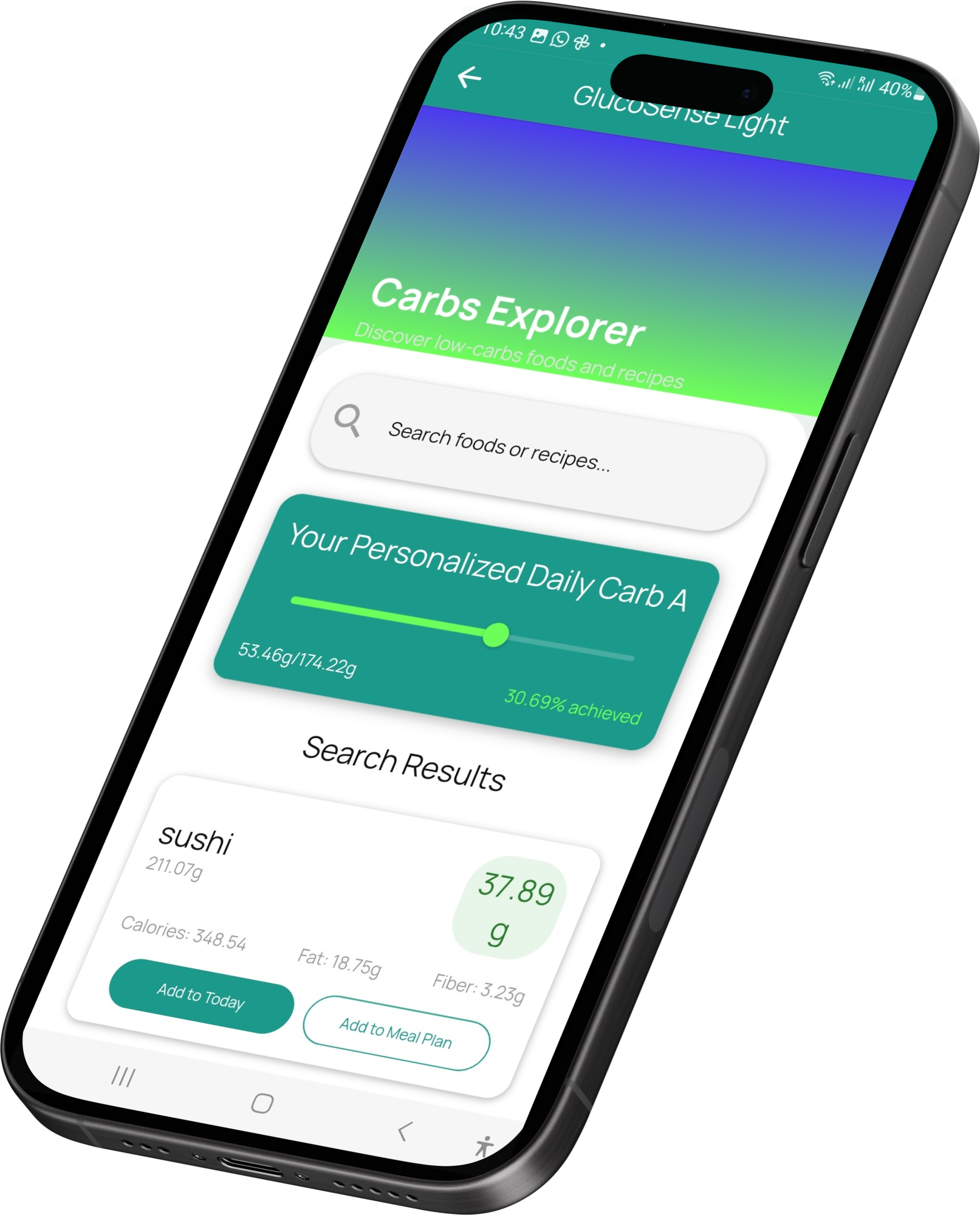Blog-Layout
Top 10 Natural Strategies for Irritable Bowel Syndrome Relief
VitalFiberOne Naturals Inc. • April 12, 2024
Top 10 Natural Strategies for Irritable Bowel Syndrome Relief

Irritable Bowel Syndrome (IBS) is a chronic gastrointestinal disorder affecting millions worldwide. While the exact cause remains a mystery, the impact of natural remedies and lifestyle modifications on managing IBS symptoms has gained recognition. If you are among the many searching for relief, look no further. We've compiled 10 expert tips to help you manage IBS naturally and increase your quality of life.
**1. Prioritize High-Fiber Foods**
Fiber plays a pivotal role in digestive health. For IBS management, incorporate soluble fiber found in acacia fiber, oats, flaxseed, and fruits like oranges and apples to help regulate digestion. Be sure to increase fiber gradually to avoid gas and bloating.
**2. Stay Hydrated**
Adequate hydration can ease IBS symptoms. Aim for at least 8 glasses of water daily, and minimize caffeine and alcohol, which can disrupt the digestive process.
**3. Probiotics: The Gut-Friendly Bacteria**
Probiotics contribute to a healthy gut flora, potentially reducing IBS symptoms. Include probiotic-rich foods like yogurt, kefir, and sauerkraut in your diet, or consider a high-quality probiotic supplement.
**4. Regular Exercise**
Engaging in regular physical activity, such as walking, swimming, or yoga, can help regulate bowel movements and relieve stress, a known trigger for IBS flare-ups.
**5. Identify Trigger Foods**
Every IBS sufferer has unique triggers. Keep a food diary to identify foods that exacerbate your condition, such as fatty foods, lactose, and artificial sweeteners, and learn to avoid or replace them.
**6. Herbal Remedies**
Certain herbs, like peppermint oil, have been shown to relieve IBS symptoms. Peppermint oil capsules are known to relax the muscles of the GI tract. However, consult a healthcare provider before starting any herbal regimen.
**7. Stress Management Techniques**
Stress can significantly worsen IBS symptoms. Techniques like deep-breathing exercises, mindfulness meditation, and cognitive-behavioral therapy can help you better manage stress.
**8. Eat Smaller, More Frequent Meals**
Large meals can cause cramping and diarrhea if you have IBS. Instead, try eating smaller, more frequent meals to ease the burden on your digestive system.
**9. FODMAPs Awareness**
A low-FODMAP diet—reducing certain carbohydrates that are hard to digest—has been effective for many with IBS. Foods like wheat, onions, garlic, and some fruits belong to this group. Consider consulting a dietitian to help you navigate this diet.
**10. Build a Support System**
Dealing with IBS can be challenging and isolating. Support groups, whether online or in person, can provide comfort and advice from others who understand what you're experiencing.
Understanding and managing IBS requires patience and perseverance. With these natural strategies, you are now equipped to face the challenge head-on and work towards a healthier, more comfortable life.
Remember to consult with your healthcare provider before making significant changes to your diet or starting new treatments. With the right approach, IBS can be managed and you can lead a happy, healthy life free from the discomfort of IBS symptoms.
Pave the way to a better gut and a happier you. Bookmark this guide and start your journey to managing Irritable Bowel Syndrome naturally today.

By VitalFiberOne Naturals Inc.
•
February 8, 2025
Revolutionize your diabetes care with the power of AI! Introducing GlucoAI Precision Technology, a game-changing innovation that's transforming the way we manage diabetes. This cutting-edge technology uses artificial intelligence to provide personalized insights and precise glucose monitoring, empowering individuals to take control of their health. Say goodbye to guesswork and hello to data-driven decision making. Learn how GlucoAI is revolutionizing diabetes care and improving lives.

By VitalFiberOne Naturals Inc.
•
January 24, 2025
Making grocery shopping a breeze for diabetics! GlucoSense is revolutionizing the way people with diabetes shop for groceries. With its innovative technology, GlucoSense makes it easy to identify and purchase diabetes-friendly food products. Say goodbye to hours of research and label-reading, and hello to a stress-free shopping experience. In this video, we'll show you how GlucoSense is changing the game for diabetics and making healthy grocery shopping a whole lot easier. Whether you're living with diabetes or know someone who is, this video is a must-watch!

By VitalFiberOne Naturals Inc.
•
December 20, 2024
Are you tired of feeling uncertain about your diabetes management? Do you have burning health questions that need answers? In this blog, our panel of diabetes experts are here to provide you with the clarity and confidence you need to take control of your health. From understanding blood sugar levels to managing medications and diet, our experts will cover it all. Get ready to have your most pressing questions answered and start living your best life with diabetes. Whether you're newly diagnosed or have been living with diabetes for years, this video is for you. So sit back, relax, and let's dive into the world of diabetes management together!

By VitalFiberOne Naturals
•
December 18, 2024
Indulge in the flavors of the Middle East with our Fiber Rich Baked Falafel recipe, served with a side of creamy Tahini Sauce! In this video, we'll show you how to make crispy on the outside, fluffy on the inside falafel using chickpeas, herbs, and spices, all while keeping it healthy and fiber-rich. The perfect vegetarian snack or meal option. Our tahini sauce recipe is a game-changer, made with tahini paste, garlic, lemon juice, and olive oil. It's creamy, tangy, and pairs perfectly with our baked falafel. Get ready to elevate your snack game with this easy-to-make and delicious recipe!

By VitalFiberOne Naturals Inc.
•
November 17, 2024
Unlock the secret to a healthier and fitter you with Fiber-Guru's 4 weeks FREE trial! In this blog, we'll introduce you to a revolutionary program designed to help you achieve your fitness goals and transform your body in just a few weeks. With Fiber-Guru, you'll get access to a comprehensive fitness plan, personalized coaching, and a supportive community to help you stay motivated and accountable. Say goodbye to fad diets and hello to a sustainable lifestyle that will leave you feeling energized, confident, and empowered. Try Fiber-Guru today and start your fitness journey with a 4-week free trial!

By VitalFiberOne Naturals Inc.
•
August 26, 2024
Are you trying to lose weight and wondering about the best time to eat? In this video, we dive deep into the optimal meal timing for weight loss. Should you prioritize a smaller breakfast, a moderate lunch, or a light dinner? We explore the science behind meal timing and its impact on your metabolism, hunger levels, and overall weight loss journey. Discover the pros and cons of each meal and learn how to structure your eating schedule for maximum results. Whether you're a breakfast lover or a dinner devotee, this video provides valuable insights to help you make informed choices. Don't miss out on tips and strategies that can transform your eating habits and support your weight loss goals! Tune in and find out the best time to eat for effective and sustainable weight loss. Remember to like, comment, and subscribe for more health and wellness tips!






